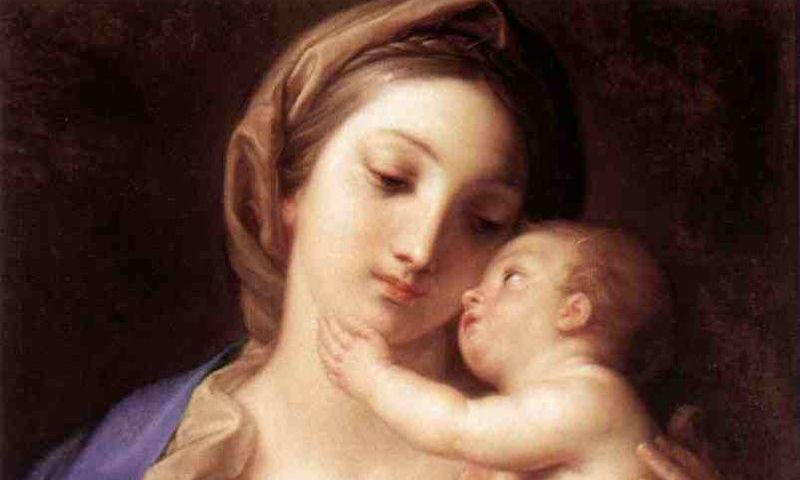The greatness of the saints inspires us to live the Christian life greatly: the martyrs witnessing to the faith unto the shedding of blood, the great doctors of the Church teaching truth that sanctifies, holy men and women who love with a charity so ardent that it spreads to all around them. These great witnesses of the faith attest to the glory of God revealed in his work of drawing us to himself. Unfortunately, sometimes in our weakness, the greatness of the saints can appear to be less of an inspiration and more of an impossible example—“could I ever really be that holy . . . ?”
The oft-repeated answer to this question is found in the life of Saint Therese. The Little Flower proposed to us the little way: do small things with great charity! So the answer to the concern above is: yes you can really be holy, just be like St. Therese!
However, this answer can actually reinforce the original concern—St. Therese may have been a “Little Flower,” but she is a great Saint!
“Could I ever really be that holy . . . ?”
Framing the question this way is precisely what prevents us from recognizing the truth about holiness. It is a mistake to think that holiness is something we do. It is a mistake to think that sanctity is a trophy. Sanctity is not something earned—it is something given. It is less like a championship trophy and more like an inheritance.
At compline on Thursday nights, the Church prays Psalm 16. There is a part of this Psalm that is important to notice, but easy to miss. The Psalmist says, “O Lord, it is you who are my portion and cup; you yourself who secure my lot./ Pleasant places are marked out for me: a pleasing heritage indeed is mine” (The Abbey Psalms).
When the people of Israel first took possession of the land of Canaan, each family in each tribe received a set portion of land; an inheritance that would be passed down for generations. This inheritance was the inheritance that God gave to that particular family. They cherished it as a sign of God’s favor and care. He destined, from all eternity, to give this land, to this person. What a gift! What an inheritance!
As Christians, we too have an inheritance. But our inheritance has been interiorized. We do not lay claim to external land, rather, we are given something else, something better. The lot marked out for us is God himself. He wants to give himself to us! He has desired, from all eternity, to give himself to us that we might enjoy being with him, that we might enjoy living in the light of his face. Our portion is God!
This is a truth that all the saints know and live: God is good and wants to give himself to us. But he doesn’t want to give himself to us generically. He doesn’t send out mailers and just wait to see who responds. Rather, he knows us better than we know ourselves and wants to thrill our heart by drawing us to himself in a way that only we can experience individually. He wants to be ours. Being with God, possessing him, enjoying him, loving him. That is sanctity. That is our inheritance.
“And so my heart rejoices, my soul is glad. . . . You will show me the path of life, the fullness of joy in your presence, at your right hand, bliss forever” (Ps 16:9, 11).
✠
Image: Pompeo Batoni, Madonna and Child







